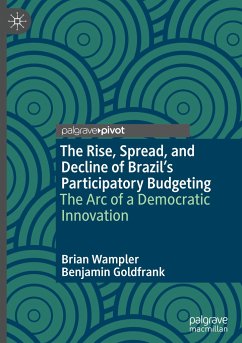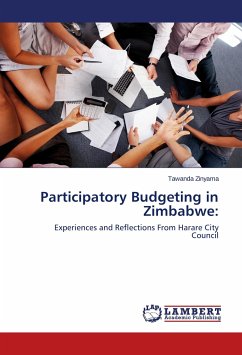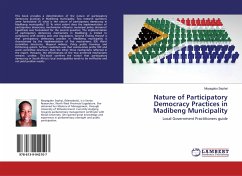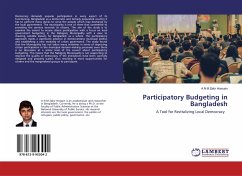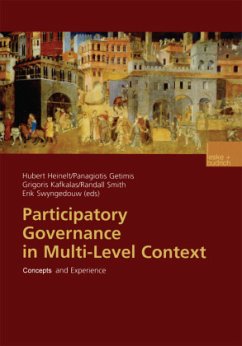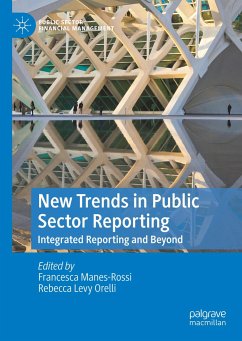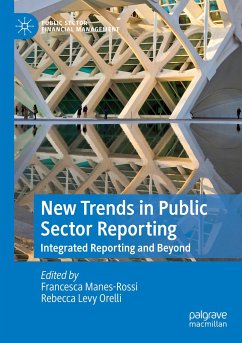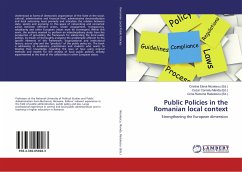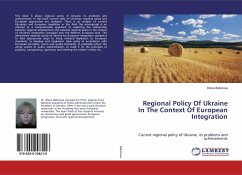
Participatory Governance in Context of Community Imperfection
Participatory Budget Belo Horizonte
Versandkostenfrei!
Versandfertig in 6-10 Tagen
41,99 €
inkl. MwSt.

PAYBACK Punkte
21 °P sammeln!
This work delves into the understanding of participation in the context of the Participative Budget of Belo Horizonte in order to understand if the institutional mechanisms that structure the policy contribute to mitigate the community imperfections intrinsic to the city's regions. The study focused on the Western Region and the 2011-2012 cycle of the Participative Budget. Five main dimensions were analysed: extreme poverty; competition among donors; urban violence; religions and development brokerage. The conclusions point to the existence of community imperfections that hinder participation ...
This work delves into the understanding of participation in the context of the Participative Budget of Belo Horizonte in order to understand if the institutional mechanisms that structure the policy contribute to mitigate the community imperfections intrinsic to the city's regions. The study focused on the Western Region and the 2011-2012 cycle of the Participative Budget. Five main dimensions were analysed: extreme poverty; competition among donors; urban violence; religions and development brokerage. The conclusions point to the existence of community imperfections that hinder participation and highlight the importance of diagnosing and tackling these issues.




